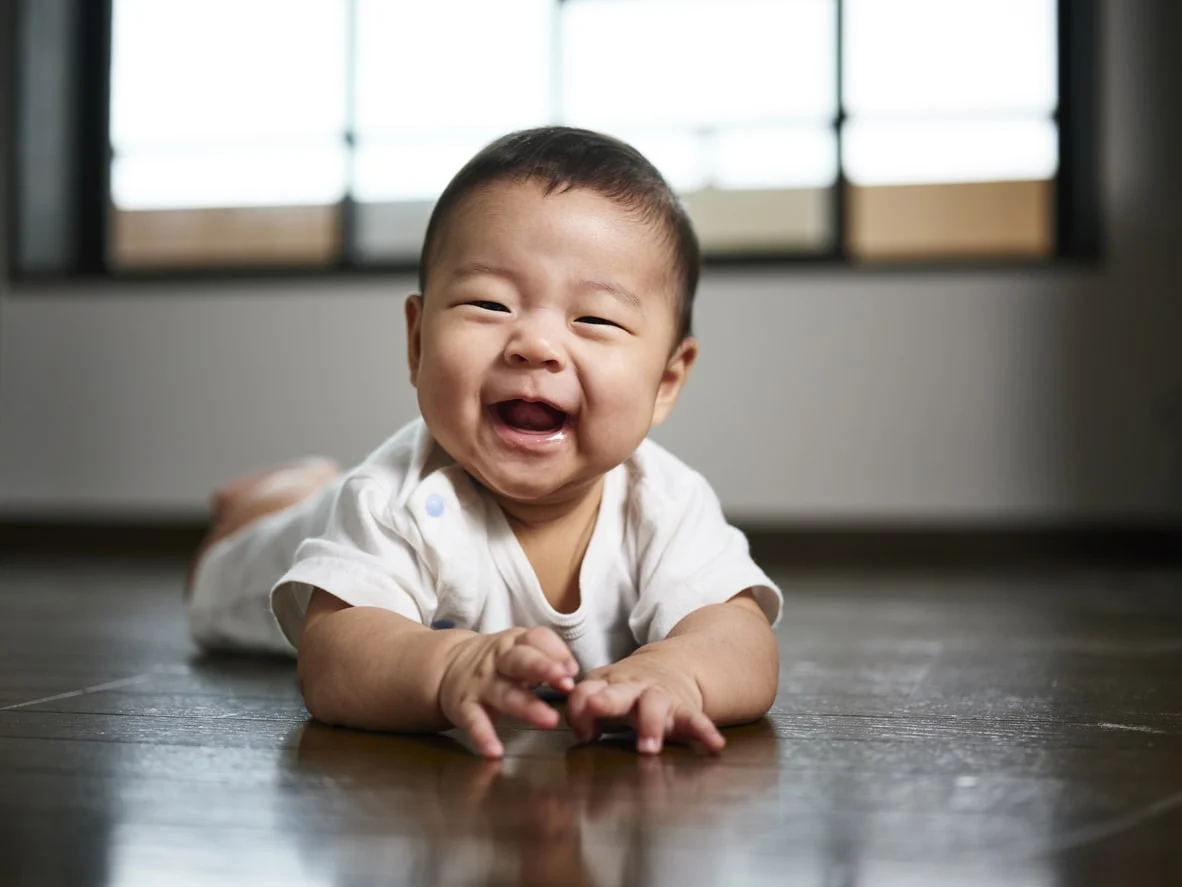It all started in the second grade. I suddenly felt like I was friendless, even if there were kids around me. I found myself crying frequently, preoccupied with worries that seemed far too heavy for a child—obsessing over homework, or fixating on a casual comment. These feelings weren’t just childlike concerns; they were the early signs of a struggle that many adults face. At just 7 years old, I was unknowingly sinking into the depths of depression.
And it turns out I wasn’t alone. According to the American Academy of Pediatrics (AAP), about 1% of preschoolers, 2% of school-aged children, and 5% to 8% of teenagers are affected by major depressive disorder. Dysthymia—essentially a milder form of depression—affects anywhere from 0.6% to 1.7% of prepubescent kids, and between 1.6% to 8% of teens. That’s a significant number—think about it: at least a couple of kids in every elementary classroom across the country. The AAP notes that depression and dysthymia in children are “common but frequently unrecognized.” I was not alone in my pain, nor in the fact that the adults around me were oblivious to my struggles.
Identifying Signs of Depression in Children
Identifying signs of major depressive disorder in children can be tricky. The AAP outlines nine symptoms, and a child must show at least five of them to meet the criteria. The first is a persistent feeling of sadness or irritability. What kid isn’t a bit cranky now and then? But if that irritability sticks around like an unwanted houseguest, it’s worth taking a closer look. I was often labeled “sensitive” as a child, but that label masked the profound sadness I was experiencing. Every little insult felt like a dagger, and I was drowning in my feelings.
Recurrent thoughts of death or self-harm can also be a red flag. It’s tough to know what goes on in your child’s mind, but if they frequently talk about death or express sentiments like, “It would be better if I weren’t here,” that requires immediate attention.
Another significant indicator is a lack of interest in activities that once brought joy. If your little one suddenly loses enthusiasm for their favorite games or hobbies—like a girl who used to love riding horses but now shows no interest in lessons—this could be more than just a passing phase.
Fatigue is another common symptom. Your child may either sleep excessively or seem lethargic, lounging on the couch instead of engaging in their usual playful antics.
Children grappling with major depression often feel worthless. I believed nobody cared whether I lived or died, and I wished for a different family because I thought my parents didn’t love me. The irony is that I did have friends; I just couldn’t see it through the fog of depression.
A diminished ability to think or concentrate is another hallmark of childhood depression. It can lead to declining grades and struggles with schoolwork. I remember feeling lost in math, unable to grasp even basic concepts, which only deepened my sense of worthlessness.
Kids might also experience sleep disturbances—either sleeping too much or struggling to fall asleep. I remember lying awake for hours, convinced that danger lurked just outside my door. You might also notice changes in weight, restlessness, or slowness in your child’s movements.
Low self-esteem and guilt often manifest in physical complaints, like stomachaches or headaches, along with anxiety that can lead to school or social phobias. Depression frequently overlaps with other mental health conditions, including anxiety disorders and ADHD. I know this struggle all too well, as I deal with the trifecta of depression, anxiety, and ADD.
The Importance of Seeking Help
Unfortunately, I never received treatment for my childhood depression. Typically, psychotherapy and medication are recommended for young sufferers. Therapeutic approaches can range from cognitive-behavioral therapy to play therapy and even group sessions. Medication, often SSRIs, is prescribed on a case-by-case basis by professionals.
Looking back, I wish I had received help. Untreated childhood depression can lead to a slew of problems, including relationship issues, recurring depressive episodes, reckless behavior, substance abuse, academic decline, and even suicidal tendencies. I’ve faced many of these challenges throughout my life. Had I received treatment earlier, I believe my adult struggles would be significantly less severe.
It’s daunting to think that children can experience mental health issues. Parents might feel guilty, leading to denial that can prevent their child from getting necessary treatment. If you suspect your child might be struggling with depression, don’t wait. Consult their pediatrician about any signs you’ve noticed. They can direct you to professionals who can provide the essential care your child needs. Depression is one of the most painful experiences a child can endure, but with your support, they can find their way to healing.
For more insights on this topic, you can check out this post on intracervical insemination for additional perspectives. Also, resources like Make a Mom can provide valuable information on navigating fertility journeys. If you’re looking for comprehensive information on pregnancy, Medical News Today is an excellent resource.
In summary, awareness of childhood depression is crucial. Symptoms can often go unnoticed, leading to prolonged suffering. Parents should be vigilant and proactive in seeking help for their children.
